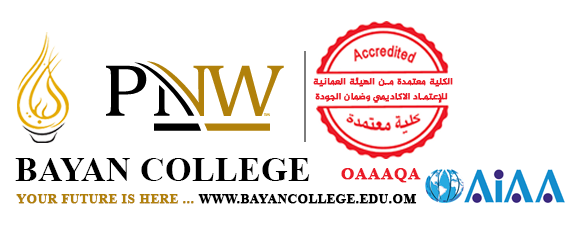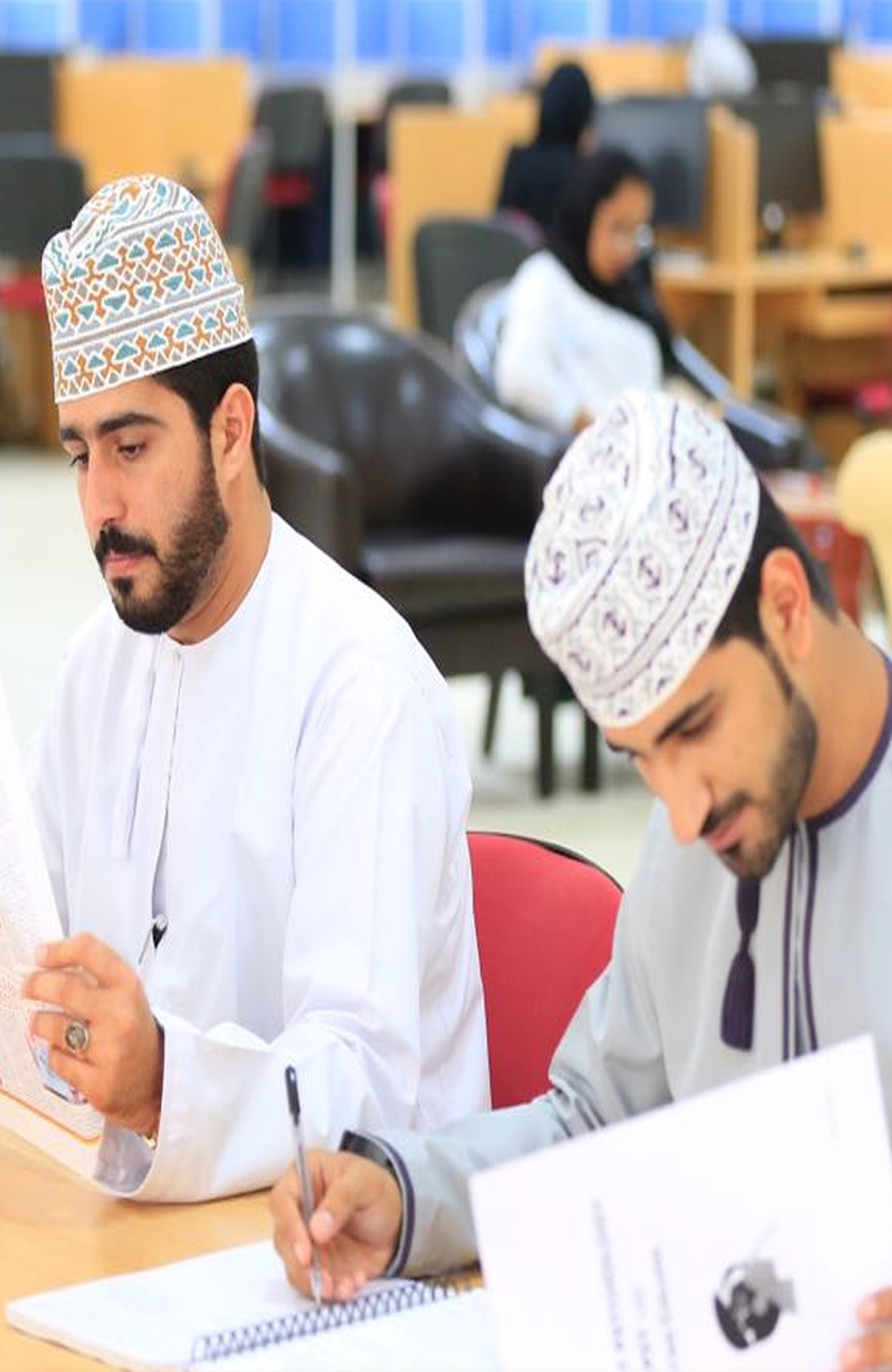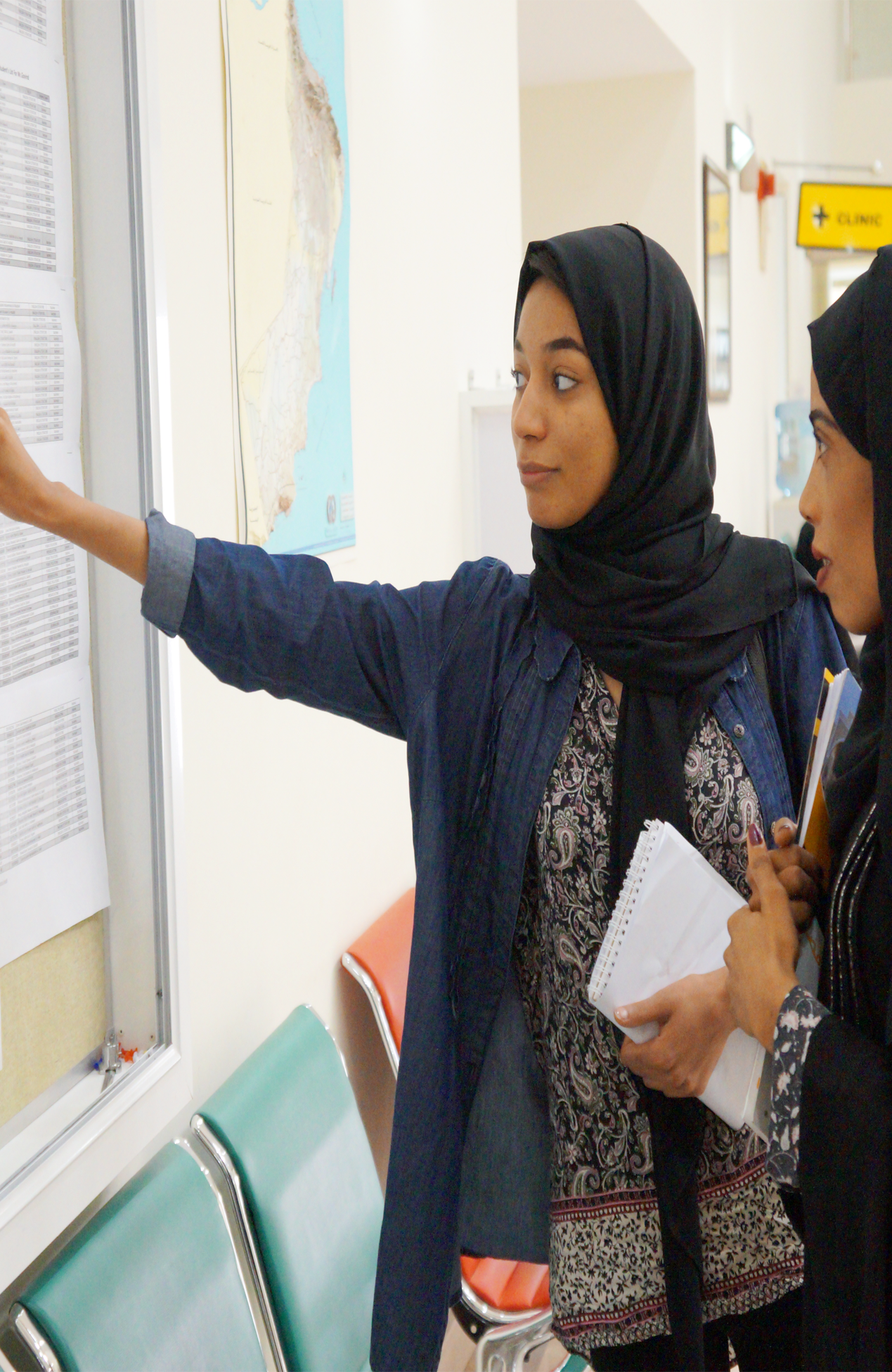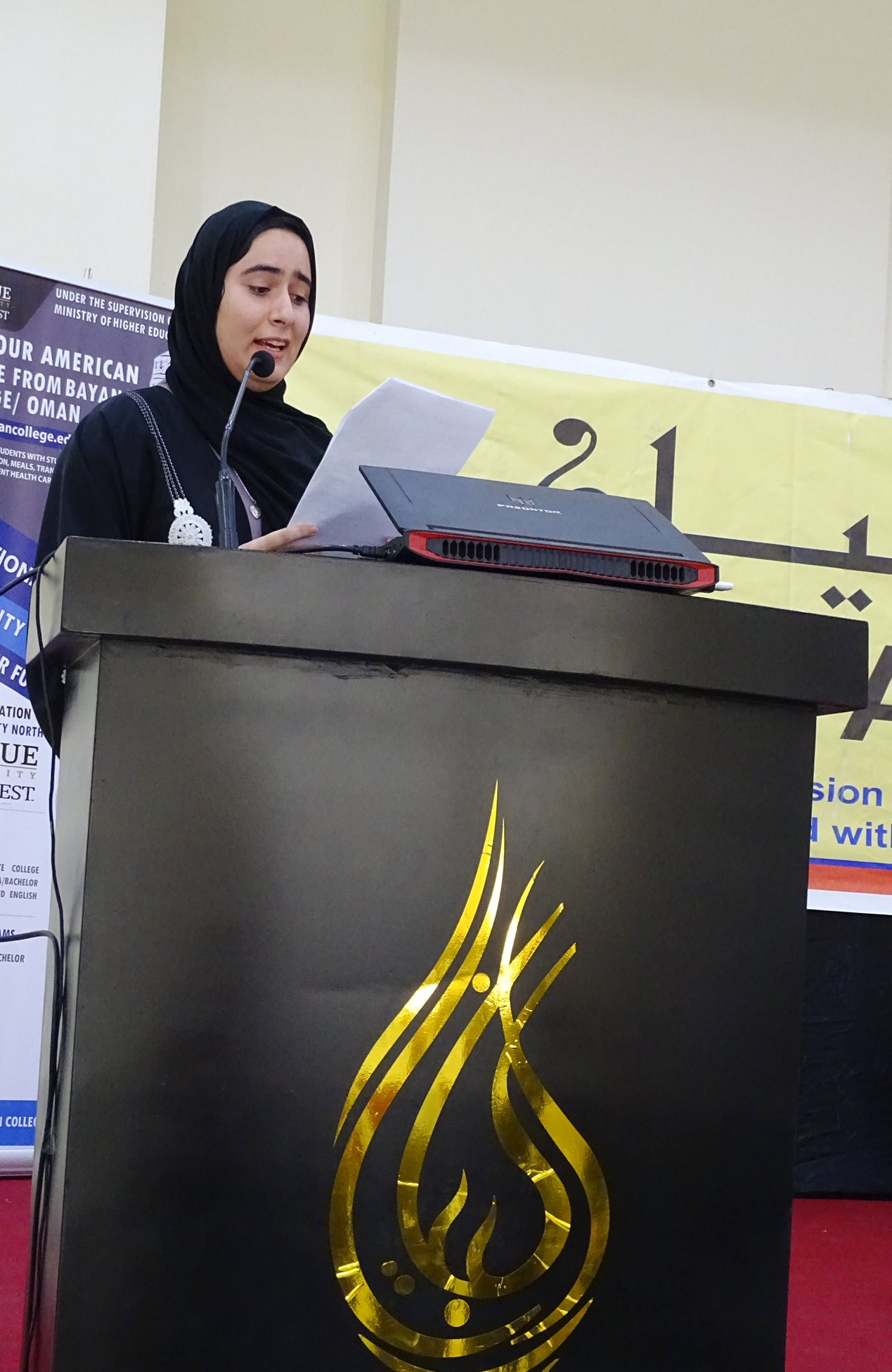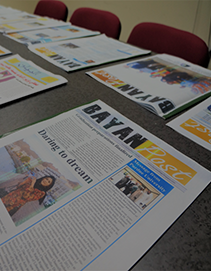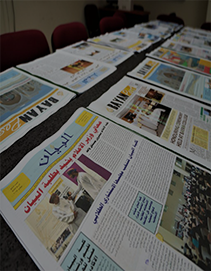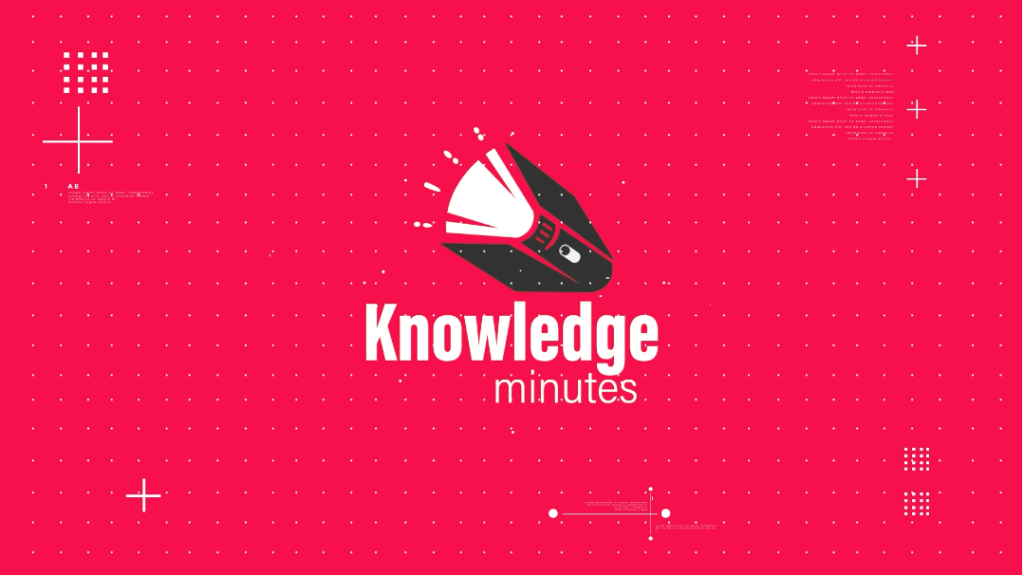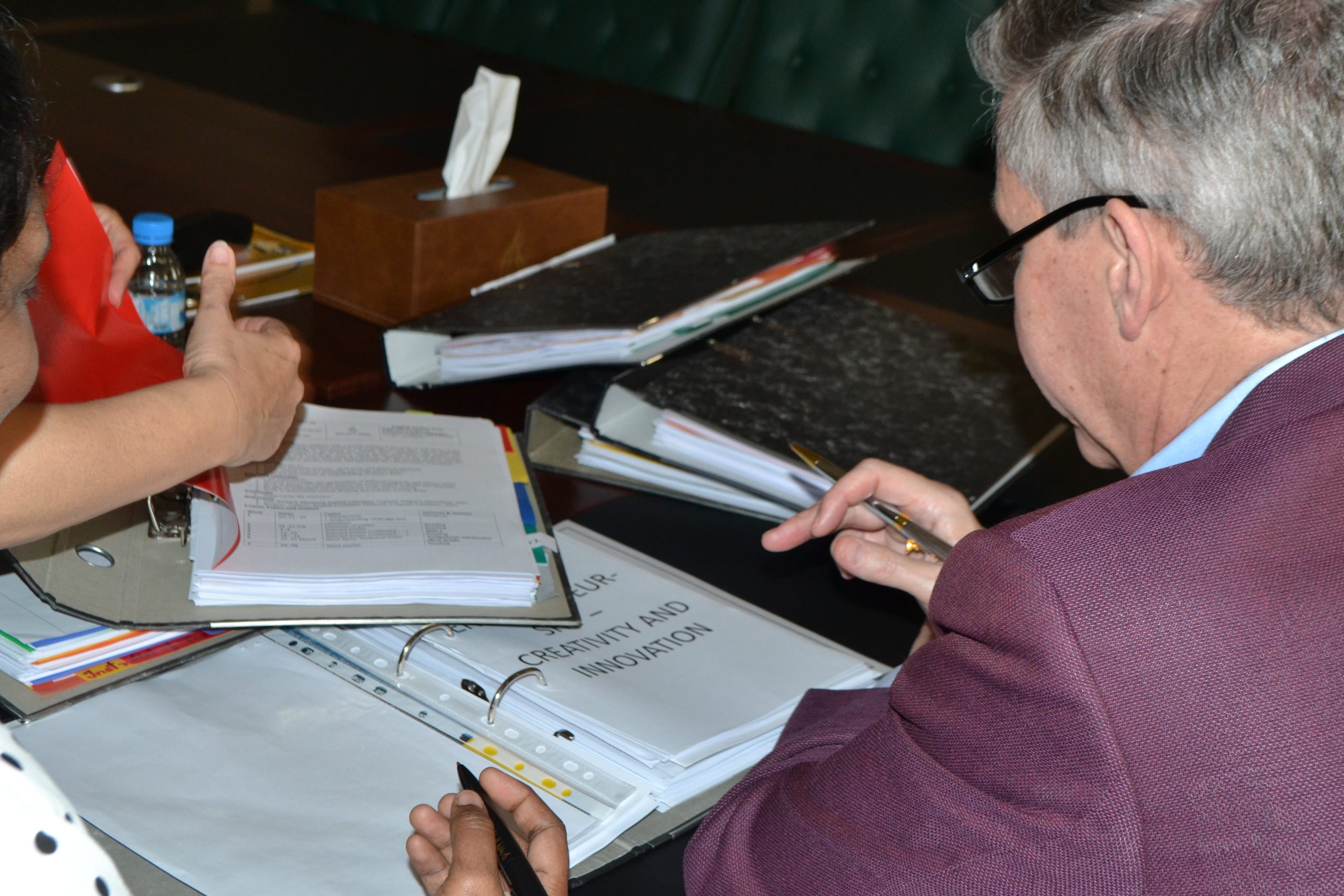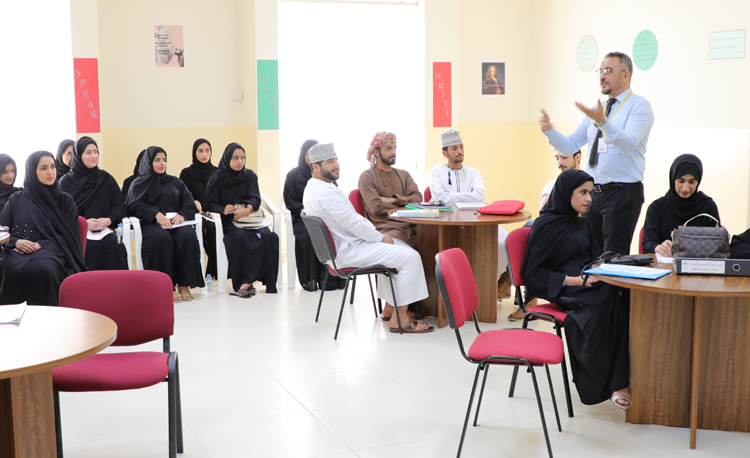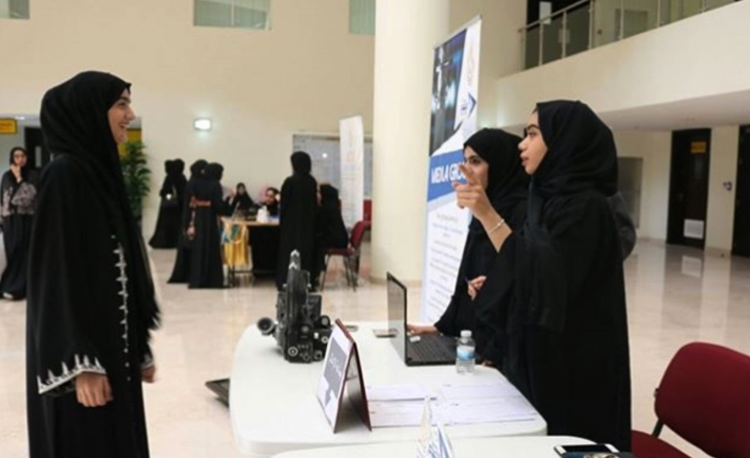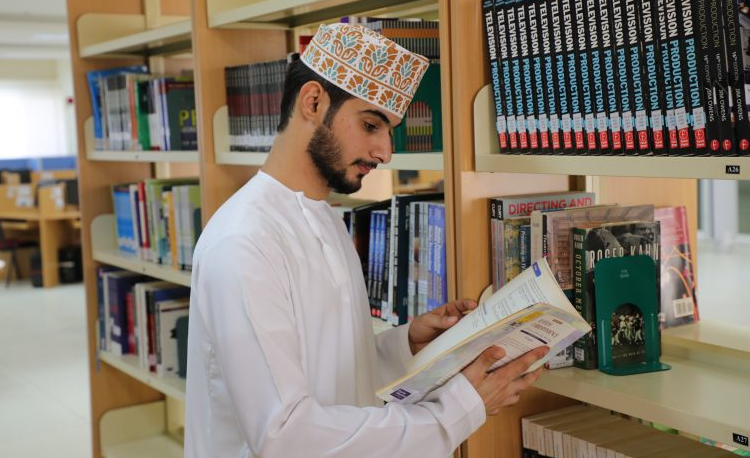The Human Development and Family Studies (HDFS) major with Individual and Family Services concentration is designed for an aspiring human services professional who wants to work with adolescents or adults (or in all-age settings) along with their families.
HDFS courses prepare you for work with individuals and their families by focusing on cultural understanding, strategies for helping and securing the best possible resources for their needs. You’ll benefit from a program that emphasizes communication skills, critical thinking and professional ethics, as well as experiential learning and strong connections with community partners.
The HDFS curriculum includes courses on family dynamics, stages of human development, law and ethics, human services skills/practice, research methods and diversity.
Program objectives
The program will maintain the following objectives for student learning
- Knowledge: Content knowledge and to understand theory, research, and practice relevant to optimize the development, health, and well-being of individuals and families across the lifespan in the context of the larger social environment.
- Diversity: To develop cultural awareness and the skills to work with individuals and families of diverse background and experience
- Professionalism: For effective written and oral communication skills appropriate to the field of human development and family studies. Professional and leadership skills with individuals and families, including ethical and culturally sensitive conduct.
- Application: For the ability to access, critically evaluates, and apply multiple forms of information related to individuals and families.
Intended learning outcomes
Specifically students are expected to
- Knowledge:
- Understand theories of human development throughout the lifespan;
- Identify systematic theories as they apply to familial and interpersonal relationships;
- Understand familial relationships, functions, and roles;
- Interpret research and be familiar with current literature in the field of HDSF;
- Apply central theoretical arguments and paradigms in health
- Diversity:
- Students will develop cultural awareness and the skills to work with individuals and families of diverse background and experience;
- Students will reflect on their own culture and experience and how this impacts on working with individuals and families;
- Students will understand how cultural diversity impact physical and mental health
- Professionalism:
- Students will demonstrate knowledge of laws, ethical issues, and resources as they pertain to working with individuals and families;
- Students will practice appropriate communication and interpersonal skills in the workplace;
- Students will be able to draw upon the everyday, personal and community experiences of health, physical and mental well-being, and
- Application:
- Students will integrate concepts, theories, and methods of practice through practicum work in communities with individuals and families;
- Students will draw on authoritative research and research methodologies to locate, review and evaluate research findings relevant to health and health issues, across a range of disciplines;
- Students will build effective entrepreneurial skills for innovative practice.
Family studies
